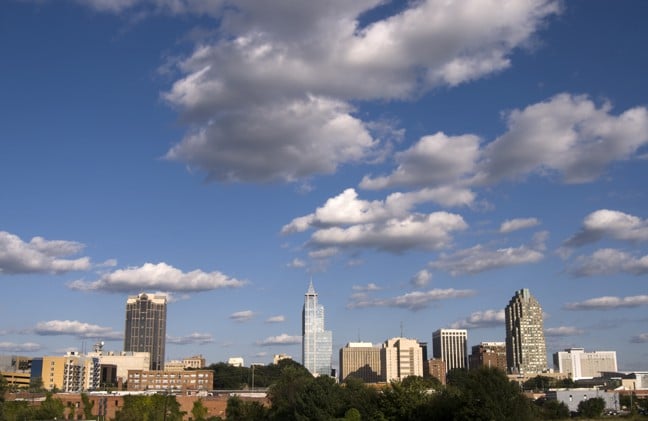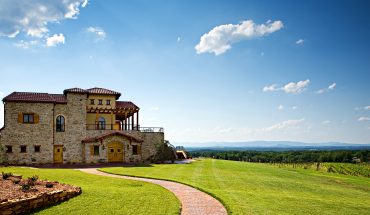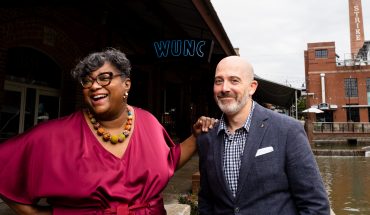From arts to advocacy to feeding our neighbors, these groups have made a big impact in Raleigh and the Triangle in 2020.
by Susanna Klingenberg
Gathering, feasting, reflecting with loved ones: the rituals of November will look a bit different this year. But at the heart of the month is gratitude, a feeling that not even a pandemic can shake.
This month, we’re highlighting 25 Triangle nonprofits that have met this challenging year with creativity, grit and a renewed focus on improving the lives of those they serve. Your financial contributions are critical to the continued work of these organizations, and they will turn your dollars into aid for our neighbors who need it most.
This list is by no means comprehensive—our community is full of organizations working toward a better world, and we wish we could highlight them all! But we hope that, as you feel the spirit of gratitude move you this season, you will give generously to those who support the region we call home.
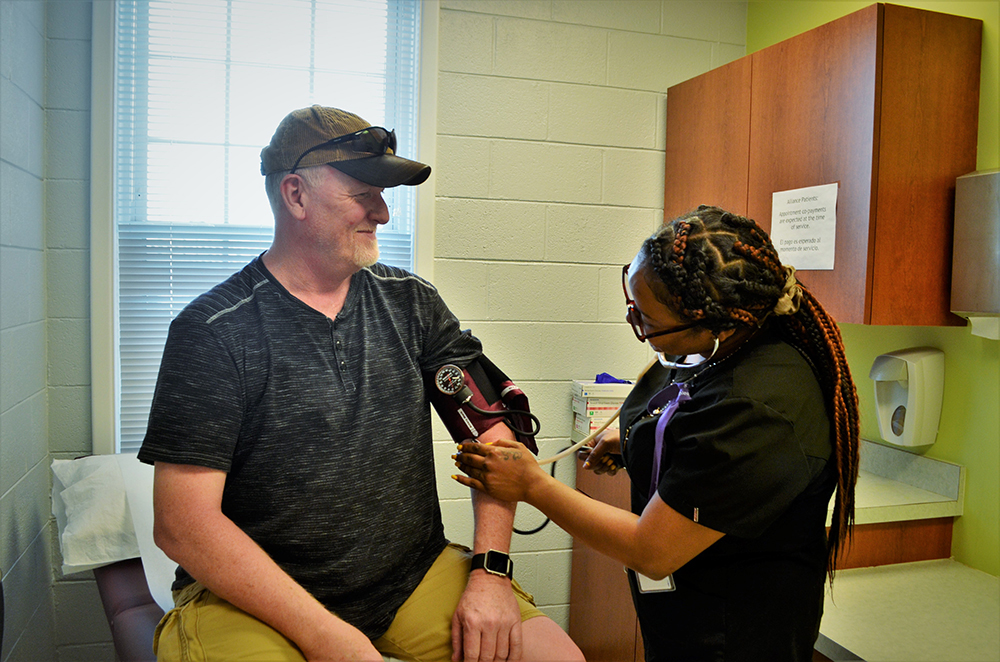
Alliance Medical Ministry
Alliance Medical Ministry provides affordable healthcare— medical care, counseling, and overall wellness programs—for working, uninsured adults in Raleigh. They were one of the first nonprofit clinics in N.C. to pivot to telehealth in March.
Beyond Fences
Beyond Fences provides free veterinary services, supplies and support to people in underserved communities, assisting families and their pets with a philosophy of trust and non-judgement. When money is tight, animals often feel the strain; Beyond Fences takes care of the basics, so furry friends can continue bringing joy.
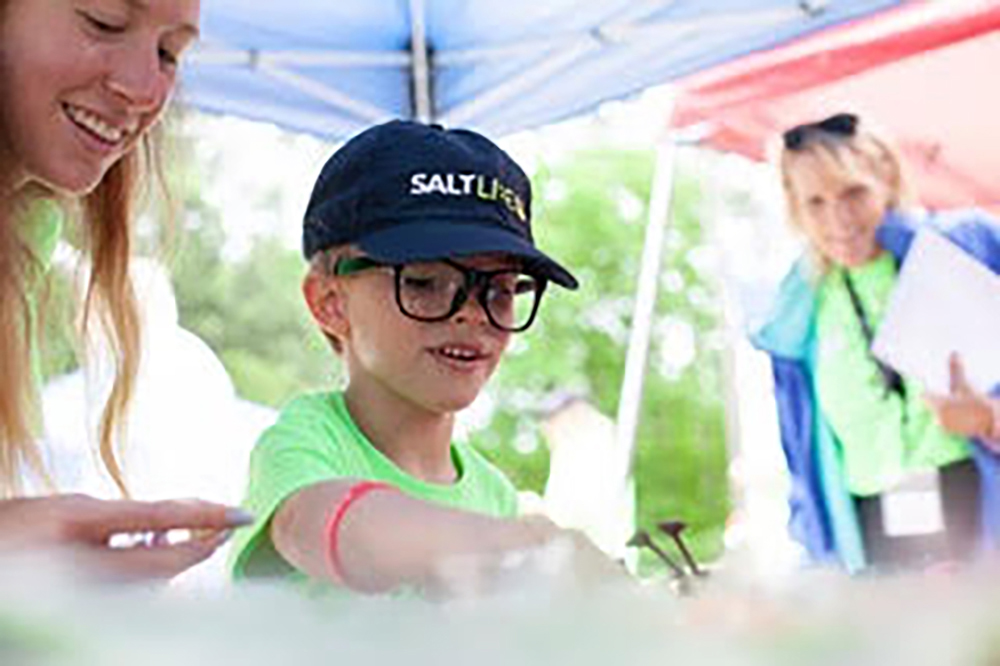
Bryce Martin Foundation
Founded by Dr. Megan Martin in honor of her son, the Bryce Martin Foundation supports children who are blind or have visual impairments in North Carolina through early intervention, ongoing education, critical technology and extra- curricular activities.
CASA
CASA builds and manages rental housing for those at risk of homelessness, including many of the populations most affected by the COVID-19 pandemic. Last year, they helped move 633 people—including families, veterans and people with disabilities—into stable, affordable homes.
The Daniel Center for Math & Science
The Daniel Center is a STEM-focused childcare center aiming to narrow the education gap for at-risk and disadvantaged children, ages three through college. To support remote learning, they have shifted from offering after-school care to overseeing small-group virtual learning during the school day as part of the Families and Schools Together (FAST) program.
The Diaper Train
New moms have enough to worry about, but one in three parents in our area has had to choose between buying diapers or food. Diaper Train bridges that gap by providing diapers, wipes and books to low-income families in Wake County.
El Pueblo
El Pueblo supports Wake County’s growing Latinx community by encouraging civic participation and advocacy, nurturing leadership in children and adults and celebrating Latin American culture.
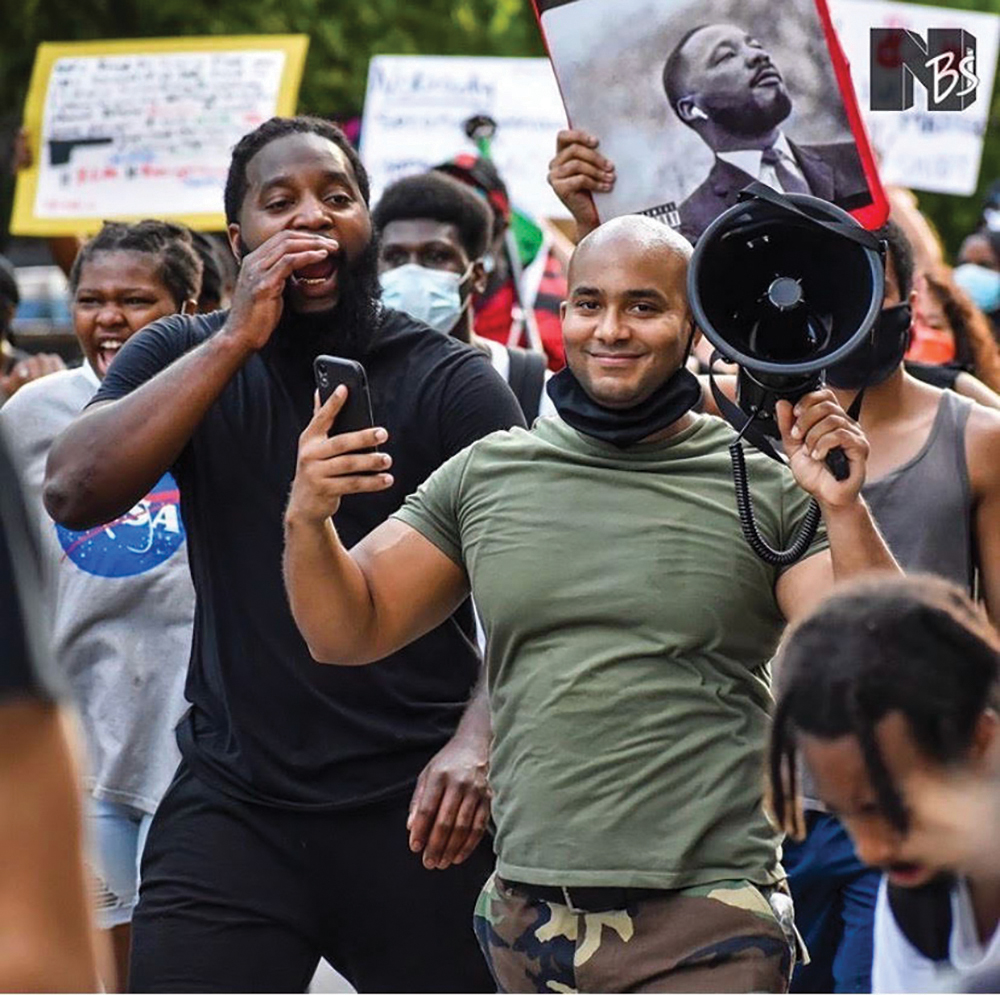
Emancipate NC
Emancipate NC works to dismantle structural racism and racialized mass incarceration in North Carolina. A recent project of the Carolina Justice Policy Center, which has sought criminal justice system reform since the 1970s, Emancipate NC lobbies, organizes mobilization, offers training for churches and other organizations and supports directly-impacted people and their families.
Families and Schools Together (FAST)
A collaboration between recreation and education centers, Families and Schools Together (FAST) works to ensure every family in Wake County has access to safe, affordable support for remote learning. “We’re serving more than 3,000 students every week,” says Keith Poston, president of WakeEd Partnership. The program also offers kids social interaction, enrichment and screen-free time to move.
Friends of the Museum
Friends of the Museum of Natural Sciences supports the Museum’s educational programs, exhibits and research to illuminate the natural world and inspire conservation. Their work allowed continued access to the Museum’s resources during stay-at-home orders. If you’ve ever stood in awe of Acro or wandered the trails at Prairie Ridge, consider supporting this cultural pillar.
The Hope Center at Pullen
The Hope Center at Pullen serves youth aging out of foster care and transitioning into adulthood. They offer safe, stable housing and build life skills, coaching youth toward employment and educational goals.
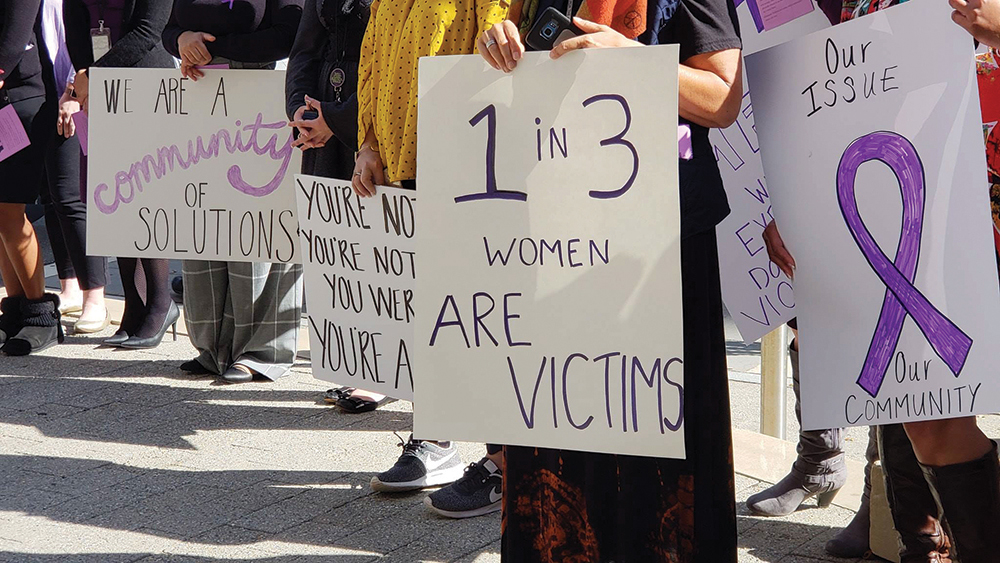
InterAct
InterAct helps to save and rebuild the lives of victims of domestic and sexual violence in Wake County. The stress of the pandemic has led to increased domestic violence, and InterAct has stepped up in response, offering a socially-distanced shelter for 30 families and moving their support services, such as crisis counseling and court advocacy, online.
Interfaith Prison Ministry for Women
Women are the fastest growing segment of the prison population, but once they have served their time, many struggle to find jobs, housing and social services. Interfaith Prison Ministry for Women (IPMW) equips these women to heal and thrive both in prison and in their eventual communities. Their comprehensive approach includes trauma-informed chaplaincy programs, practical life and job skills and reentry support.
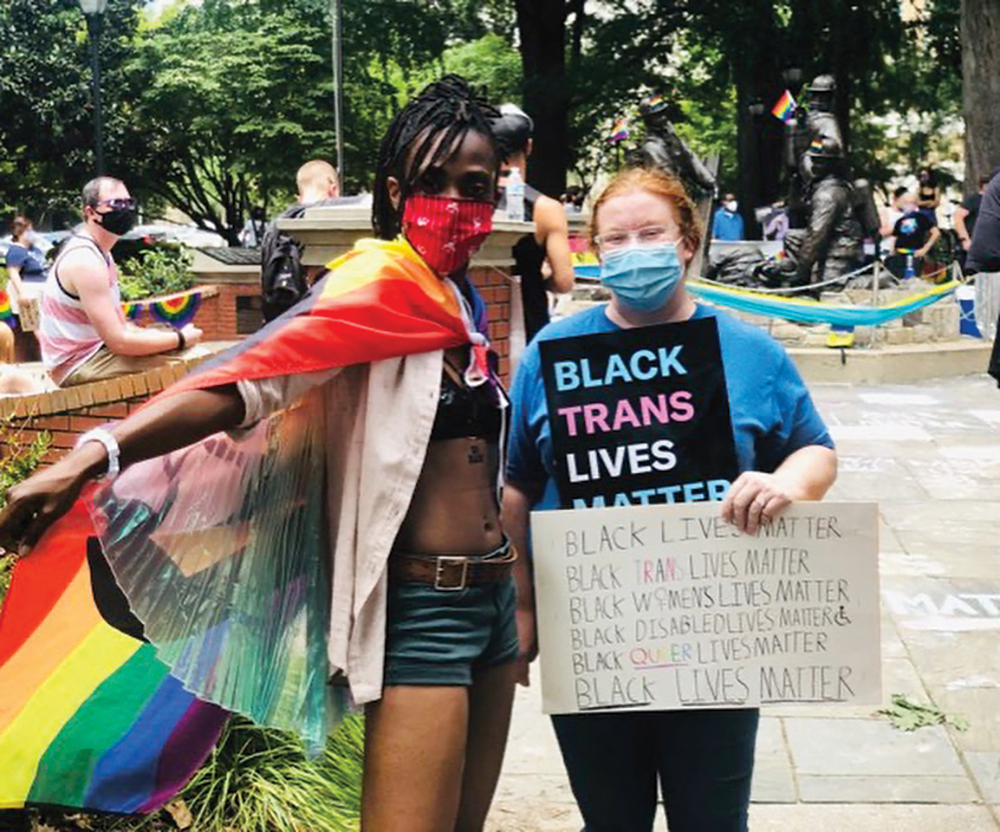
LGBT Center
The LGBT Center serves, empowers and advocates for the well-being of the diverse LGBTQIA+ communities in and around Raleigh. Though the pandemic has moved their packed calendar online, the center remains a hub for education, connection, health, growth and fun.
The Lucy Daniels Center
The Lucy Daniels Center in Cary provides Triangle families a range of mental health services: counseling, an on-site school, evaluations, parenting classes and most recently, free, short-term help navigating parenting issues related to COVID-19.
NC Restaurant Workers Relief Fund
Founded by Raleigh chefs at the onset of the pandemic, the NC Restaurant Workers Relief Fund supports the thousands of North Carolinians from the restaurant and hospitality industry who lost jobs due to COVID-19. Missing your favorite server, barista or bartender? This is a way to lend your support until they’re back on the job.
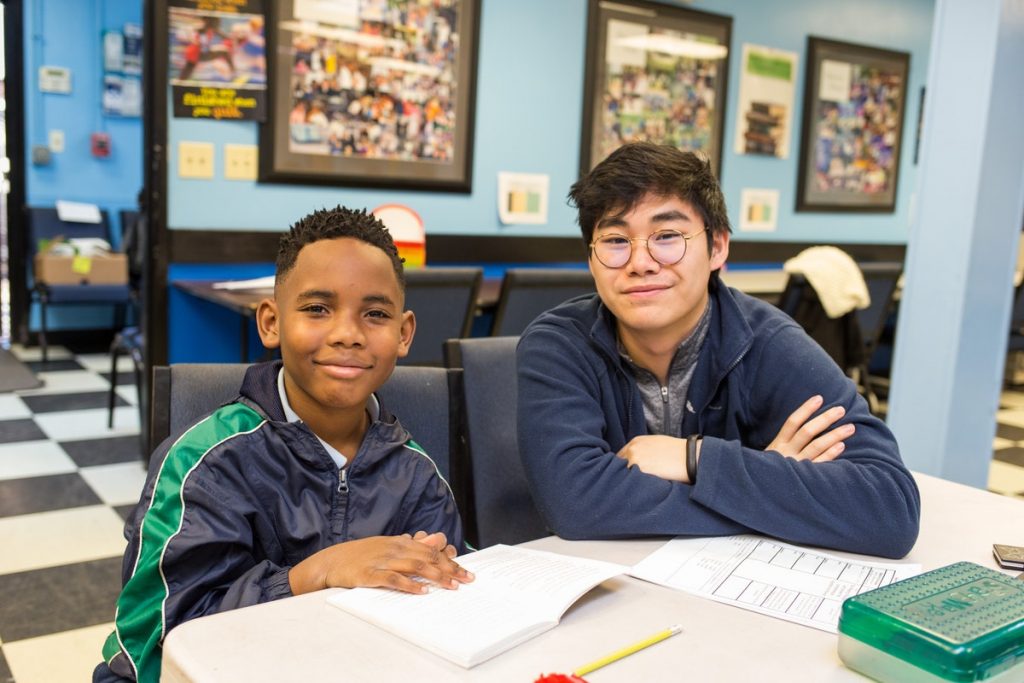
Neighbor to Neighbor
Neighbor to Neighbor combats the effects of poverty through mentoring relationships for young people. They tackle it through short-term tutoring, long-term goal-setting and extracurriculars, from chess to auto-mechanics. Donate or hire them directly: their catering and moving enterprises offer a living wage for N2N graduates.
Partners for Environmental Justice
Starting with stream cleanups along Walnut Creek in the 1990s, Partners for Environmental Justice (PEJ) advocates for the equitable treatment of human and natural communities in Southeast Raleigh. “As PEJ continues to grow, I want us to become known as a leading environmental and social justice organization, while remaining deeply rooted in community,” says program director Tatiana Height.
Shepherd’s Table
The soup kitchen at Shepherd’s Table serves around 250 hot meals a day to anyone who comes to their door. It’s known by diners and volunteers alike for its gracious hospitality. “That spirit isn’t just in the food, but in our volunteers,” says executive director Tammy Gregory.
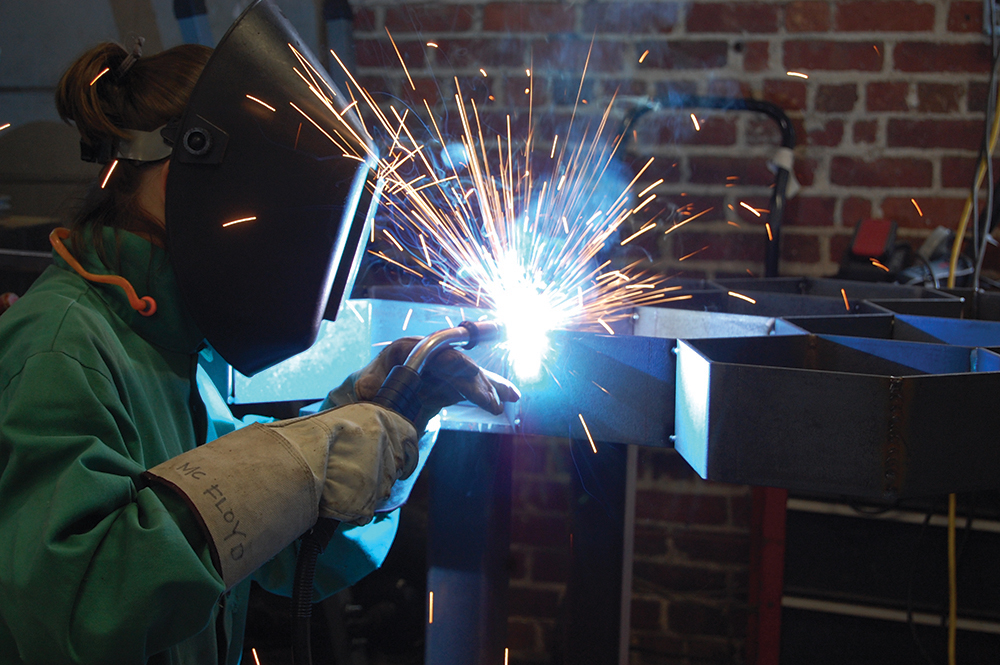
ShopSpace
ShopSpace is a nonprofit metalworking studio, but it’s more than just a place to build with forges and hammers—it’s a place to build community. Its mission is to encourage people of all skill levels to put down their screens and work with their hands, these days through masked classes and a wide-open space off Capital Boulevard. “People are looking for an outlet to relieve stress and be creative,” says co-founder Lucas House.
TheGifted Arts
TheGifted Arts helps close the opportunity gap by teaching young people a variety of arts—dance, drama, music—in a competitive but nurturing atmosphere. Its programs build character, confidence and leadership, and need-based scholarships make it accessible to every child.
United Arts Council
Since 1962, the United Arts Council of Raleigh & Wake County has been supporting local artists, teachers and arts organizations. “Not only are they essential to economic development and recovery, but art and culture bring people together and help us build a more equitable and inclusive community,” says president Charles Phaneuf.
United Way of the Greater Triangle
In pursuit of its mission to eradicate poverty and increase social mobility, United Way of the Greater Triangle (UWGT) funds 85 local nonprofits through an equity-driven lens. Their partner organizations focus on early childhood education, workforce development, mental health support, food insecurity and affordable housing.
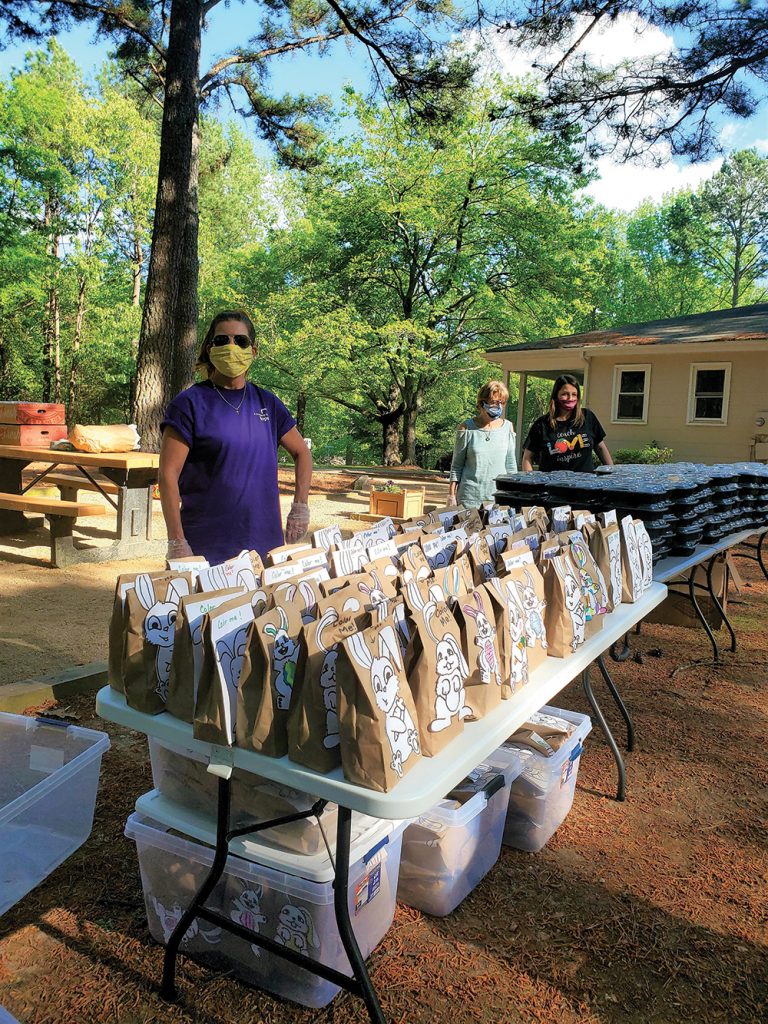
Western Regional Food Security Action Group
The Food Security Action Group partners with volunteers, faith groups and businesses to coordinate emergency grocery distribution in neighborhoods at risk of food insecurity. In response to COVID-19, they have also partnered with Wake County Public Schools to offer to-go breakfast and lunch—a critical resource for families when school meals are not available.
Women’s Center
The Women’s Center works with the Triangle’s most vulnerable, at-risk women to break cycles of trauma, abuse and homelessness. In August, its services, including healthcare, housing, meals and counseling, moved to a welcoming new campus on S. West Street in downtown Raleigh.

